Zoho vs Google vs Microsoft (2025) — Detailed Comparison Guide
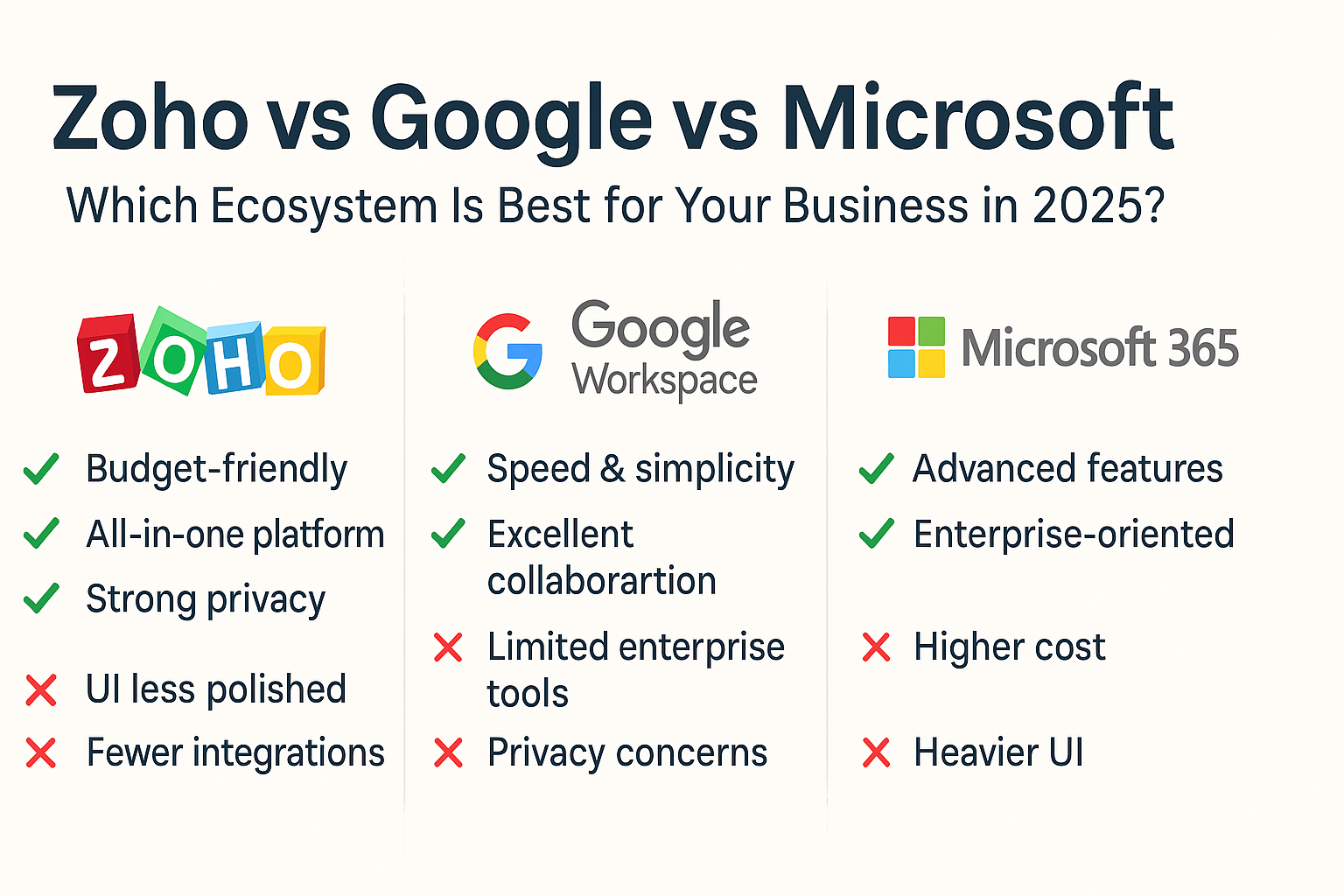
Zoho vs Google vs Microsoft (2025) — Detailed Comparison Guide
📌 Introduction
In today’s digital-first world, choosing the right productivity and collaboration ecosystem is crucial for any business. Three major players dominate this space — Zoho, Google Workspace, and Microsoft 365.
Each platform offers a suite of tools covering email, storage, spreadsheets, document editing, video calls, and team collaboration. But which one suits your needs best in 2025?
Let’s break down their features, pricing, integrations, privacy, and ideal use cases to help you decide.
🧰 1️⃣ App Ecosystem Comparison
| Function | Zoho | Google Workspace | Microsoft 365 |
|---|---|---|---|
| Messaging | Arattai | Google Chat / Meet | Microsoft Teams |
| Zoho Mail | Gmail | Outlook | |
| Calendar | Zoho Calendar | Google Calendar | Outlook Calendar |
| File Storage | Zoho WorkDrive | Google Drive | OneDrive |
| Word Processor | Zoho Writer | Google Docs | Word Online |
| Spreadsheets | Zoho Sheet | Google Sheets | Excel Online |
| Presentations | Zoho Show | Google Slides | PowerPoint |
| CRM & Business | Zoho CRM, Books, Projects | Limited (3rd party add-ons) | Dynamics, Power Platform |
✅ Zoho provides an all-in-one business suite, covering not only office tools but also CRM, accounting, HR, and marketing — something Google and Microsoft often rely on integrations for.
💡 Google Workspace shines with simplicity, collaboration, and speed.
💼 Microsoft 365 is preferred for enterprise-grade features, compatibility, and legacy support.
💸 2️⃣ Pricing Comparison (as of 2025)
| Plan | Zoho | Google Workspace | Microsoft 365 |
|---|---|---|---|
| Basic | ₹110–₹210/user/month | ₹125–₹210/user/month | ₹125–₹250/user/month |
| Standard | ₹400–₹600/user/month | ₹672/user/month | ₹660–₹820/user/month |
| Premium | ₹780+/user/month | ₹1,260+/user/month | ₹1,200+/user/month |
👉 Zoho remains the most affordable, offering strong functionality even in lower-tier plans.
👉 Google targets startups and teams looking for a clean, collaborative interface.
👉 Microsoft focuses on enterprises willing to pay more for advanced security, admin controls, and offline desktop apps.
🔐 3️⃣ Privacy & Data Security
- 🟡 Zoho is India-based and strongly promotes data privacy. They don’t rely on ad revenue and host data in regional data centers.
- 🔵 Google offers strong security but has an ad-based business model, raising privacy concerns for some industries.
- 🟠 Microsoft has excellent compliance certifications (GDPR, HIPAA) and enterprise-grade security.
➡ If privacy and data localization are priorities, Zoho stands out.
➡ For regulatory compliance, Microsoft leads.
🌐 4️⃣ Integrations & Compatibility
- Zoho integrates best within its own ecosystem (CRM, Books, Projects, etc.) but also supports external integrations like Zapier, Slack, and Google.
- Google Workspace is built around open APIs and integrates well with almost every modern SaaS tool.
- Microsoft 365 integrates seamlessly with Windows, Azure, Dynamics, and a wide range of third-party enterprise apps.
📝 Takeaway:
- For startups and SMEs, Zoho offers a clean, bundled solution.
- For tech-savvy teams, Google’s integrations are unbeatable.
- For large enterprises, Microsoft’s ecosystem remains the gold standard.
🧑💼 5️⃣ Ideal Use Cases
| Use Case | Zoho | Microsoft | |
|---|---|---|---|
| Startups & SMEs | ✅ Best value, all-in-one | ✅ Easy to set up | ❌ May be overkill |
| Remote Teams | ✅ Arattai, WorkDrive | ✅ Meet, Docs, Drive | ✅ Teams, OneDrive |
| Enterprises | ✅ Affordable alternative | ❌ Limited enterprise tools | ✅ Full enterprise suite |
| Privacy-Focused | ✅ Data localization | ❌ Ad model | ✅ Compliance-heavy |
| Heavy Office Users | ⚠️ Basic desktop apps | ✅ Collaborative | ✅ Desktop + Online combo |
📝 6️⃣ Pros and Cons Summary
✅ Zoho — Pros
- Affordable pricing
- Unified platform (CRM, HR, Office tools, etc.)
- Strong privacy and data localization
- Ideal for startups, SMBs, and privacy-conscious users
❌ Zoho — Cons
- UI can feel less polished compared to Google
- Third-party integrations fewer than Google
- Desktop apps less powerful
✅ Google Workspace — Pros
- Excellent real-time collaboration
- Clean, modern UI
- Works on any device, browser-based
- Simple pricing
❌ Google Workspace — Cons
- Limited enterprise-grade tools
- Privacy concerns due to Google’s business model
- Offline functionality not as strong as Microsoft
✅ Microsoft 365 — Pros
- Best-in-class desktop apps (Word, Excel, PowerPoint)
- Enterprise-level security and compliance
- Deep Windows ecosystem integration
- Mature collaboration tools with Teams
❌ Microsoft 365 — Cons
- Higher cost
- Heavier UI, more complex for small teams
- Browser apps can feel slower than Google’s
🚀 Which One Should You Choose in 2025?
The right platform depends on your priorities:
- ✅ Zoho is perfect if you want a budget-friendly, all-in-one platform that respects privacy.
- 🌐 Google Workspace is ideal if you value speed, simplicity, and collaboration above all.
- 🏢 Microsoft 365 is the go-to for large organizations, advanced security needs, and those deeply embedded in the Windows ecosystem.
👉 Many businesses even mix tools — for example, using Zoho CRM with Gmail, or Google Docs with Microsoft Excel. The key is to match the platform to your team size, workflow, and privacy needs.

.jpeg)
.jpeg)
.jpeg)
.jpeg)
.jpeg)
.jpeg)
.jpeg)




.jpeg)



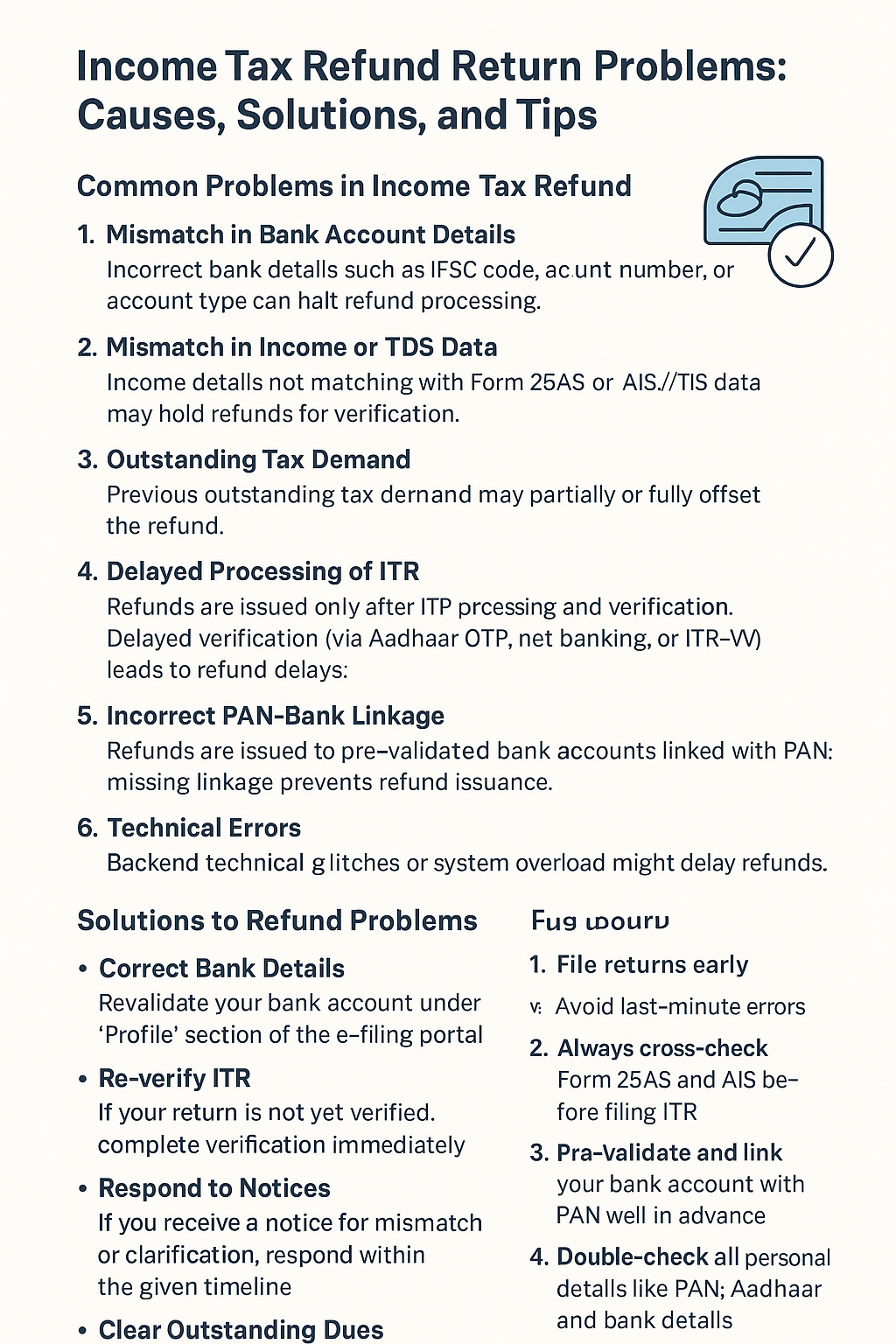

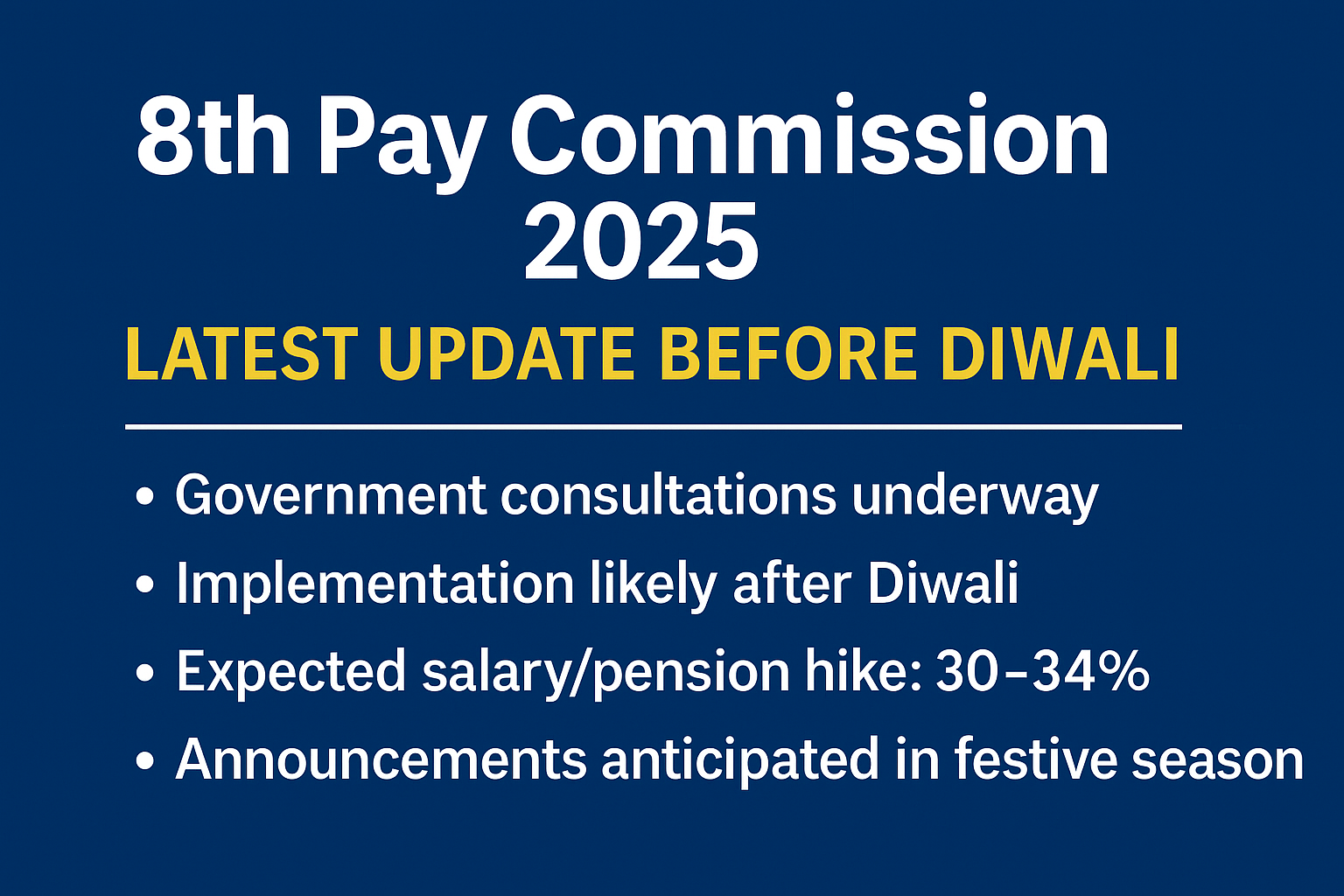
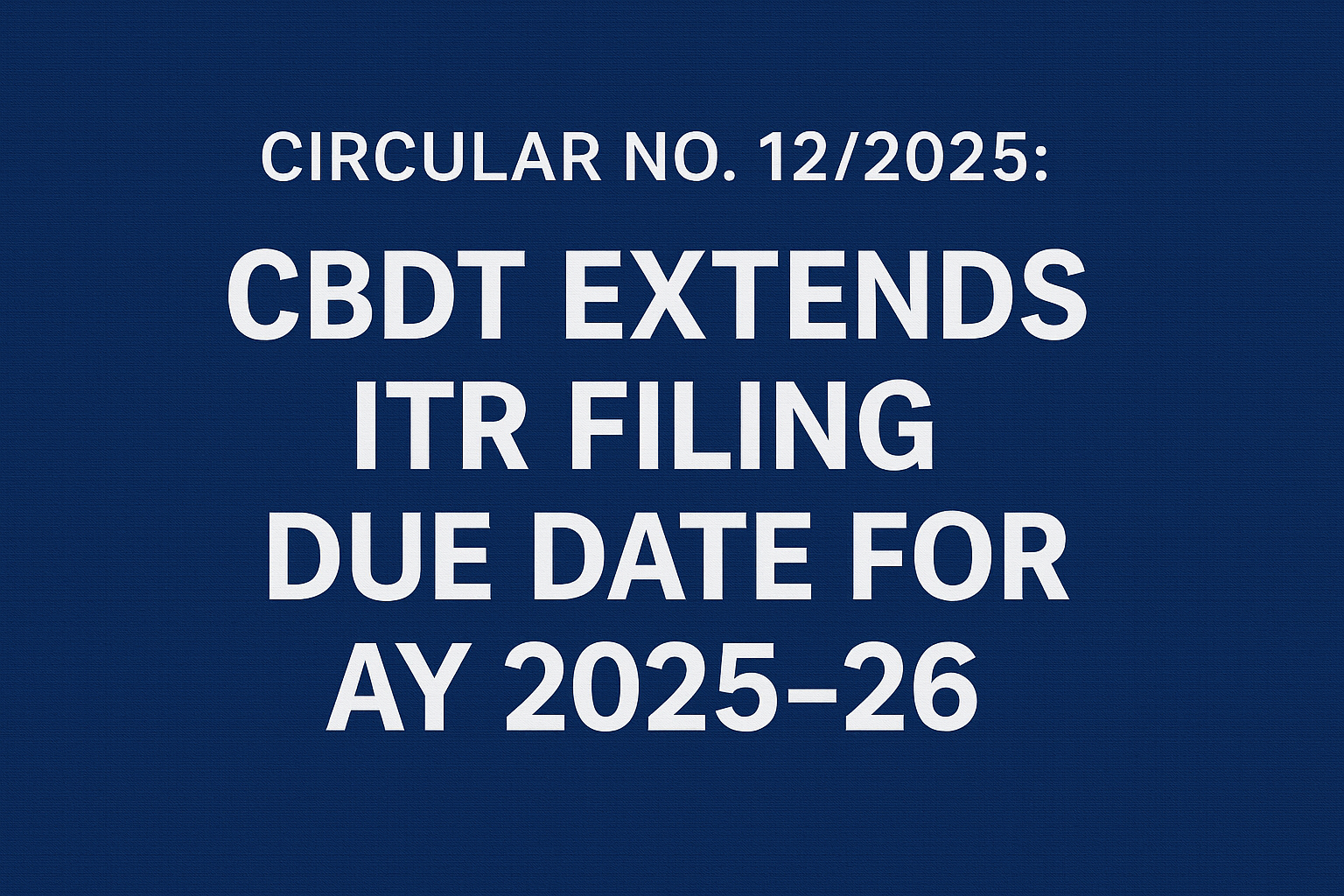
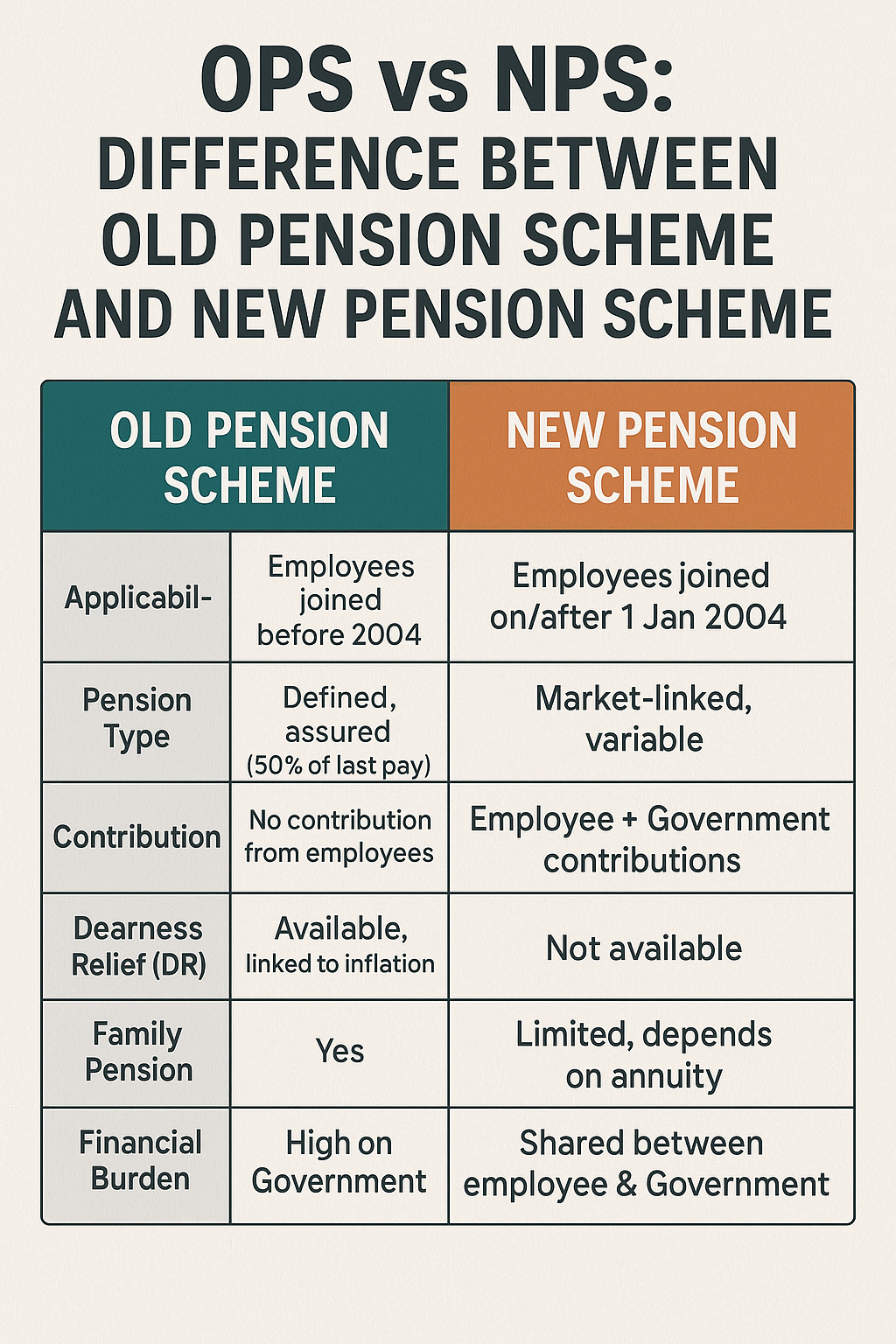

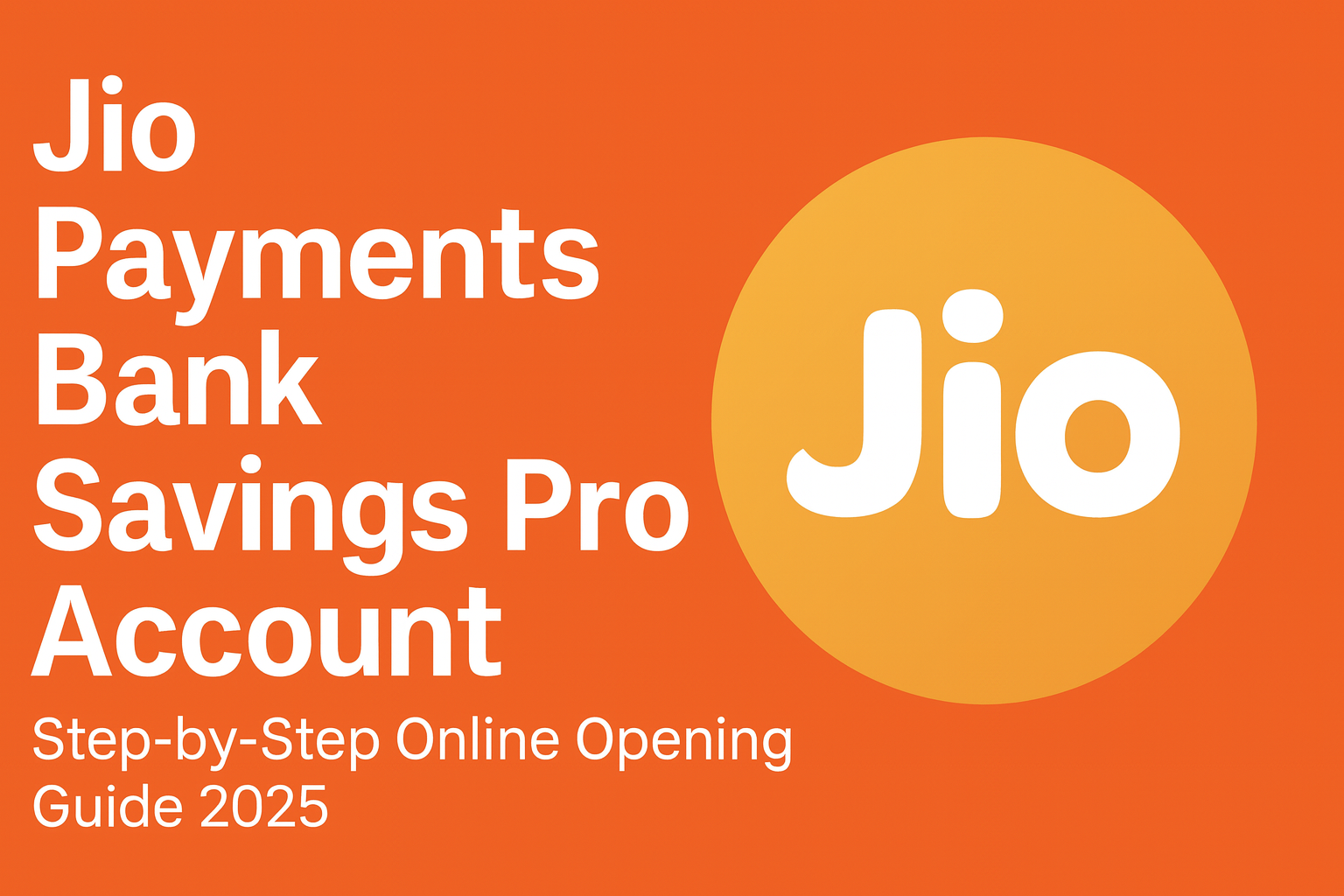

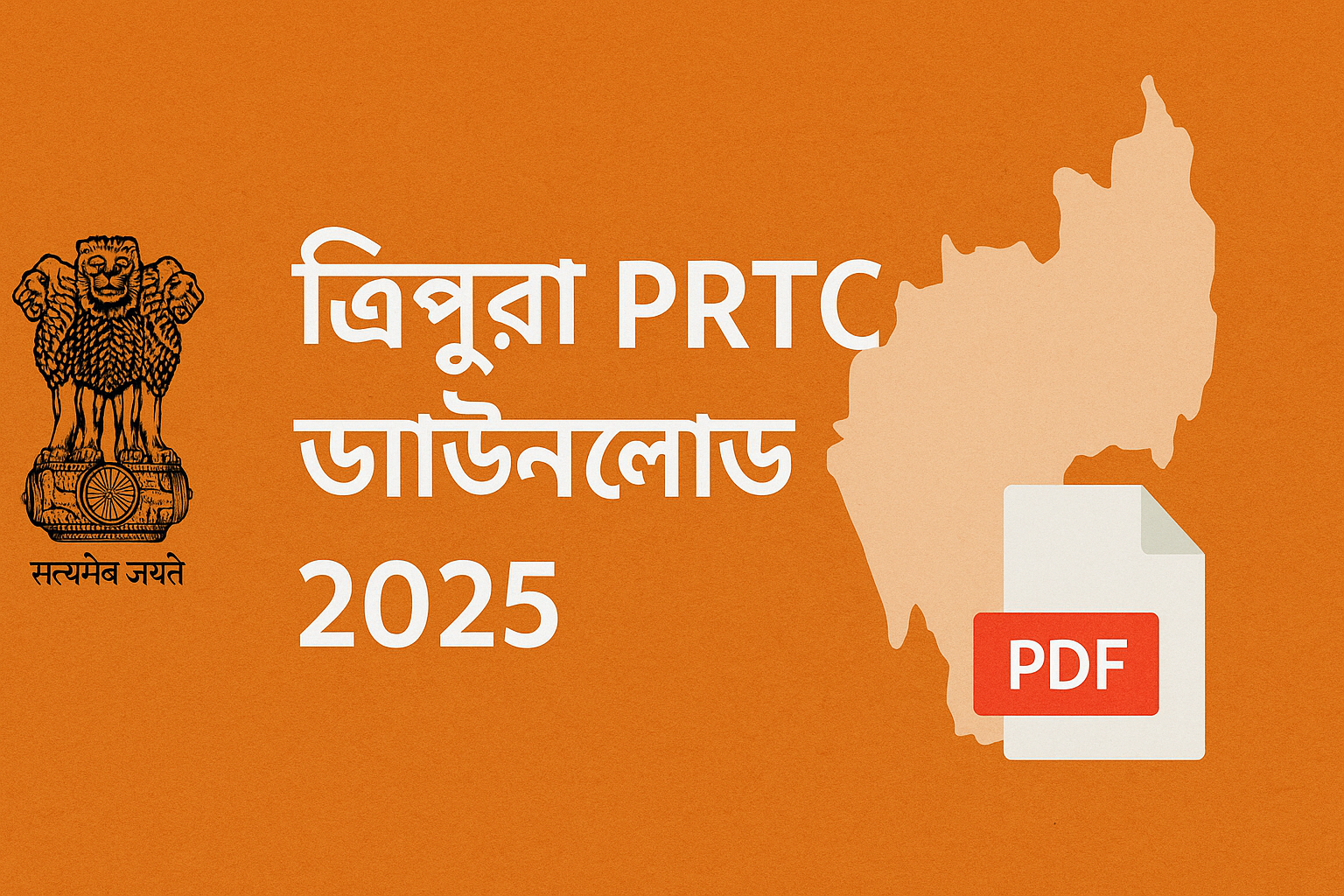
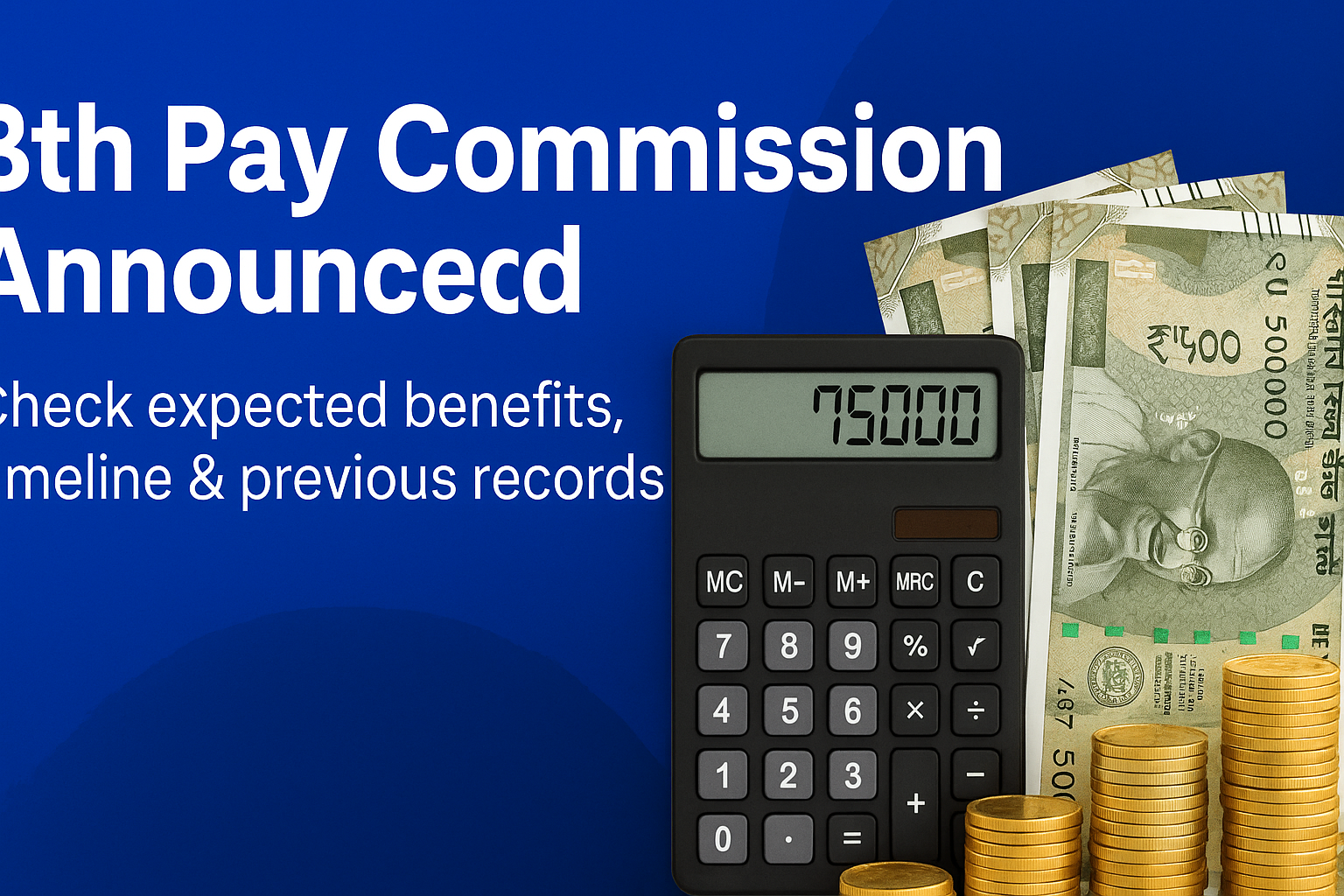
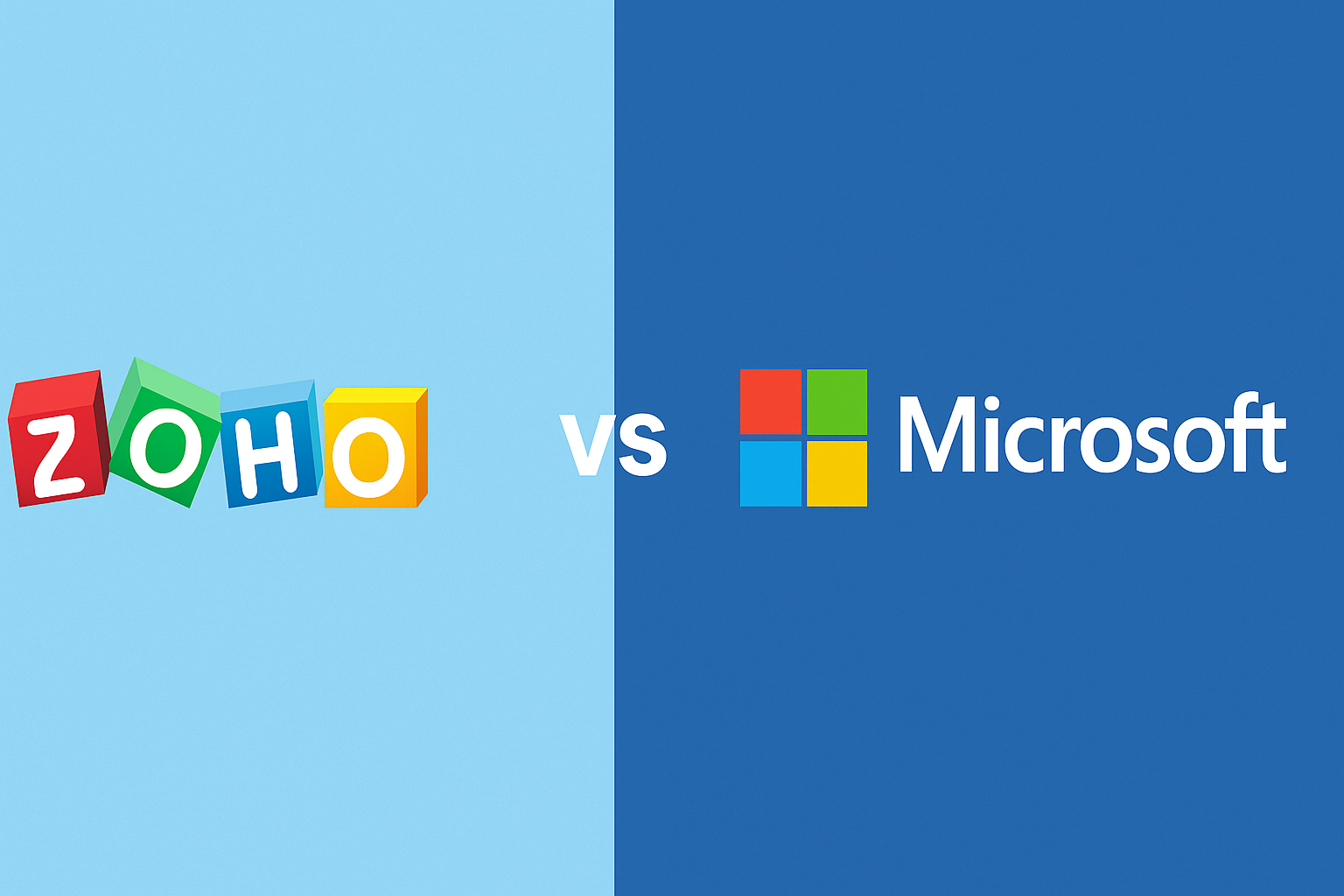

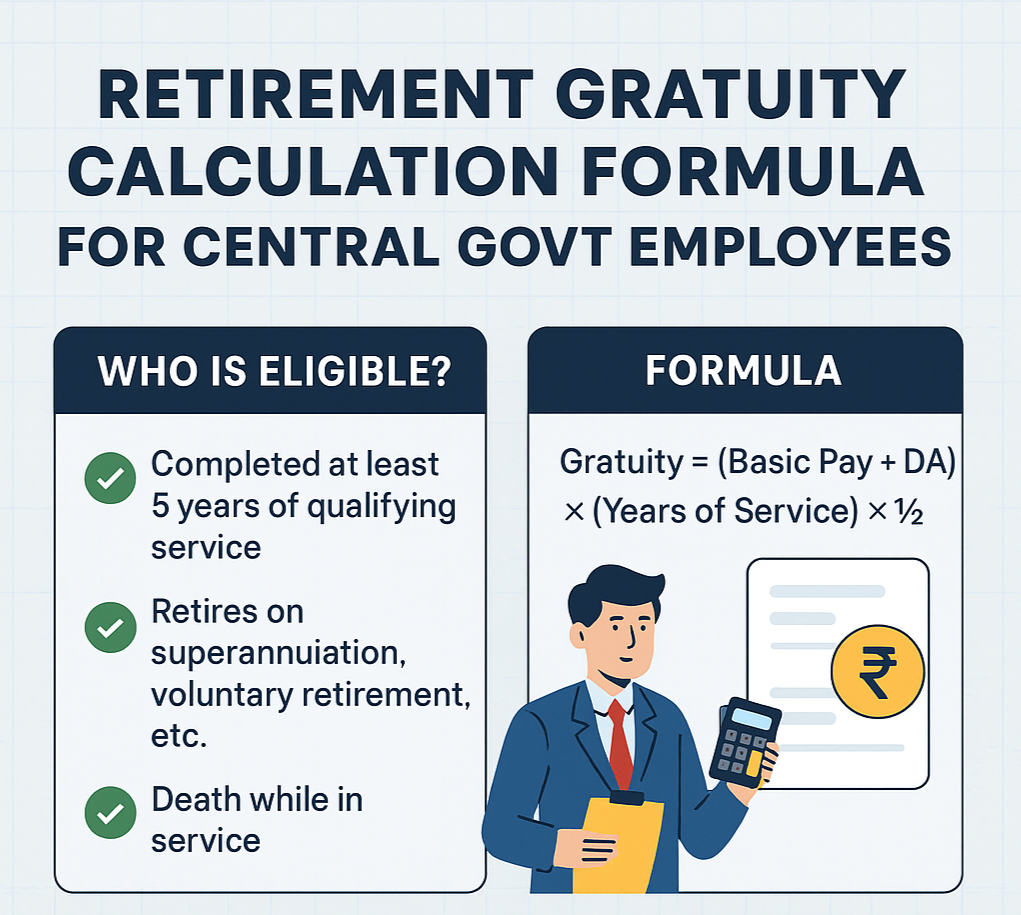


.png)
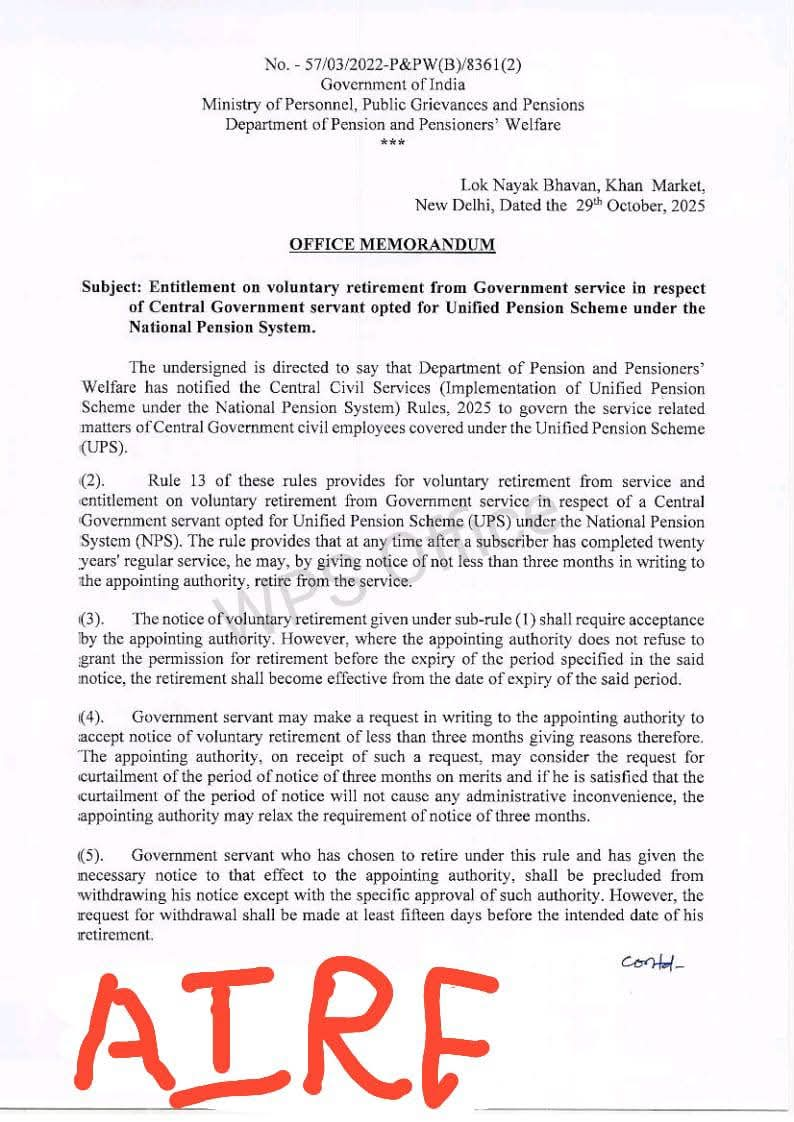
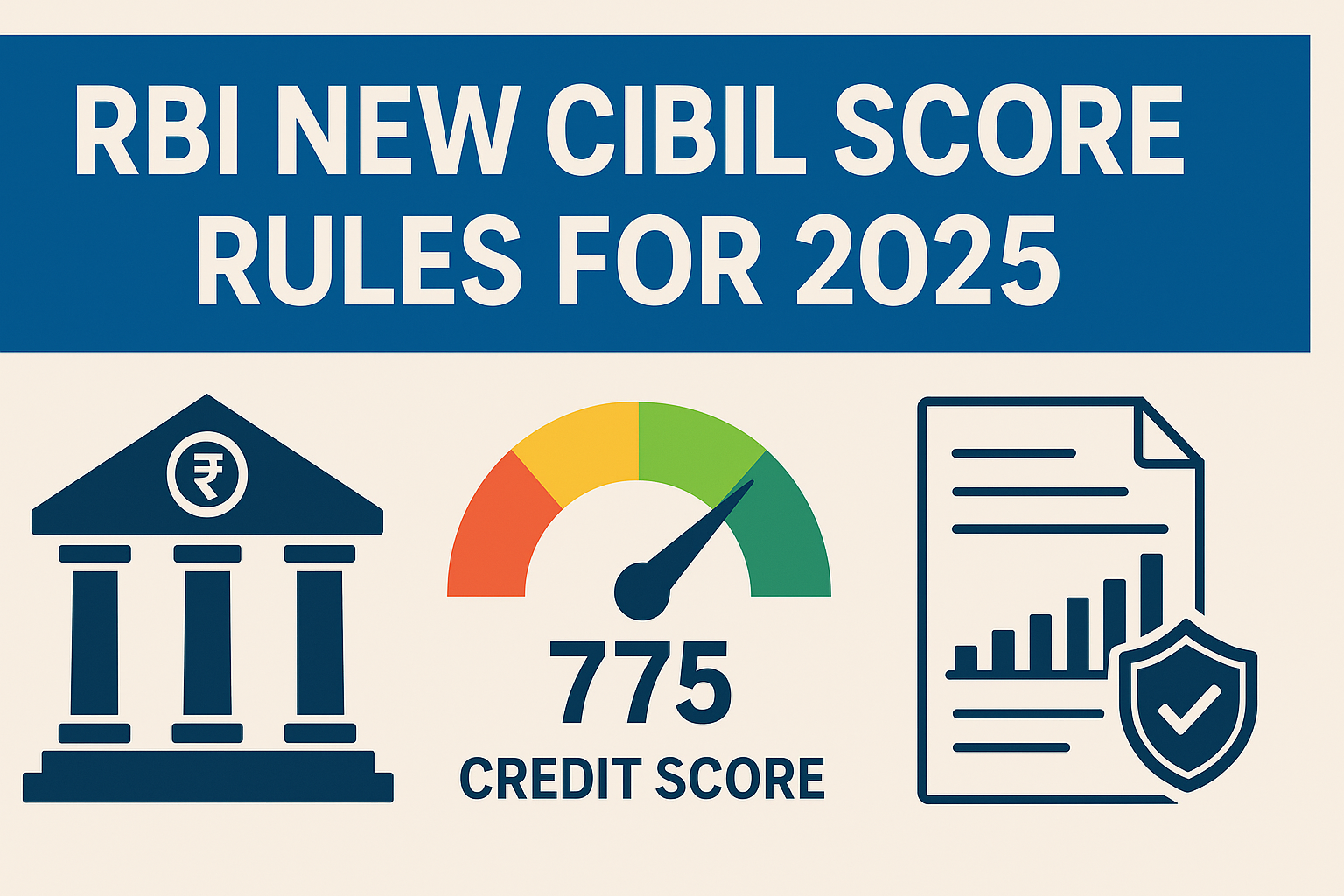


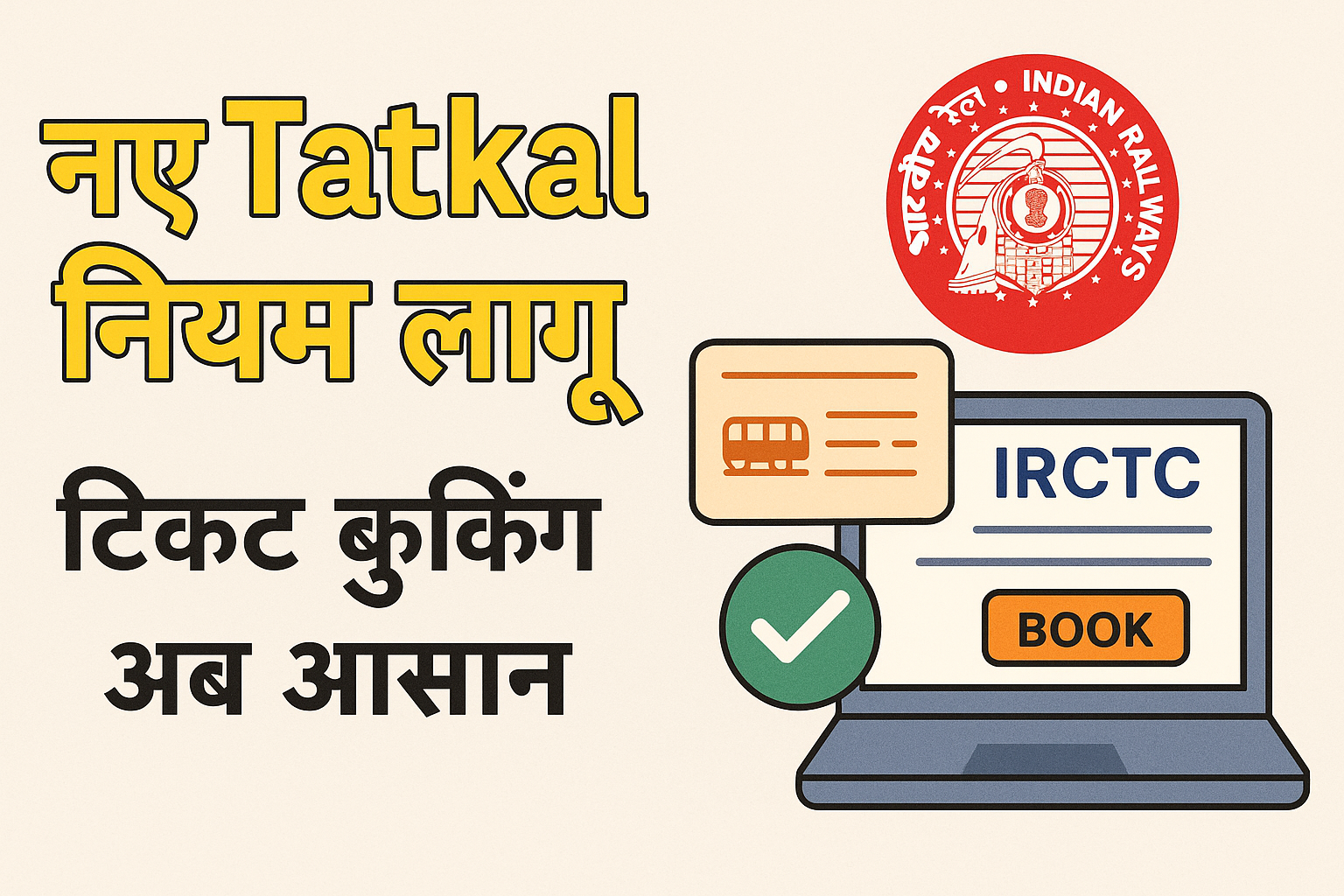

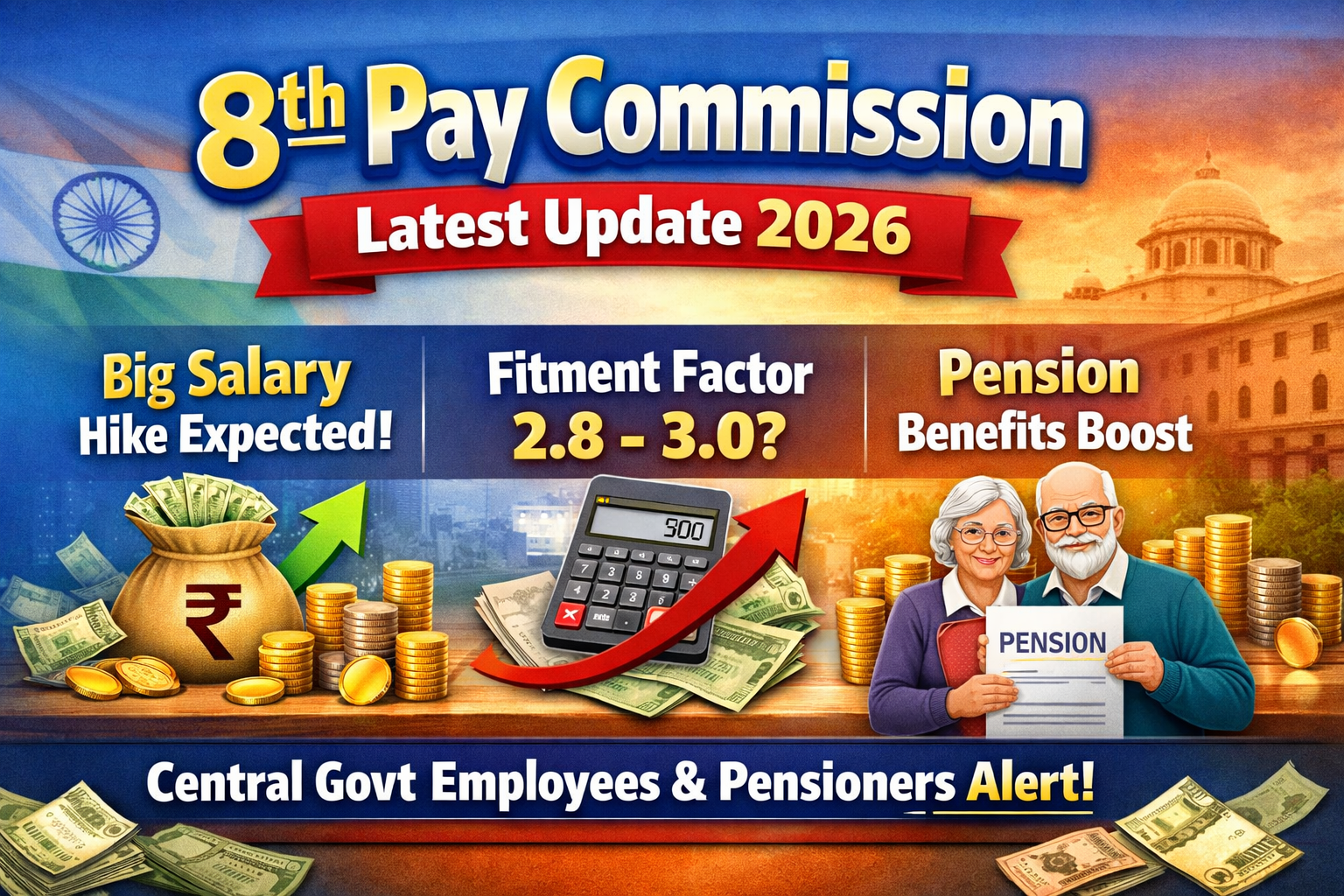


.png)